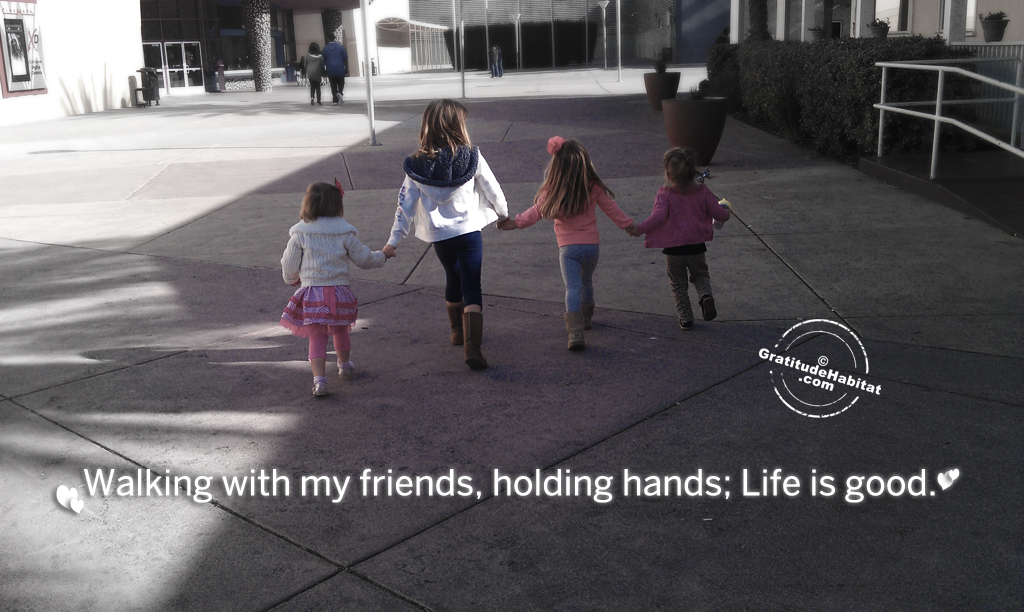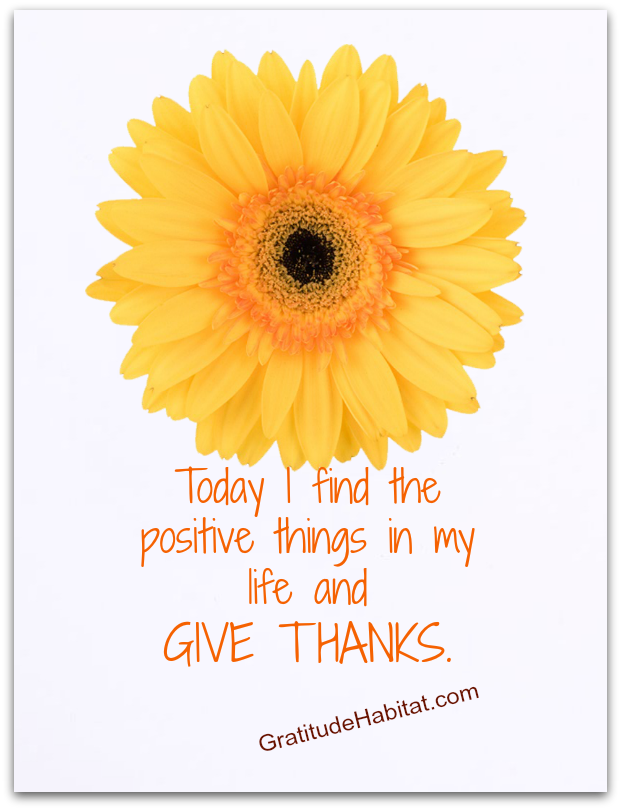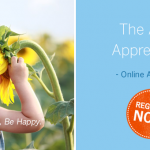Living In Gratitude: Neuroscience Shows These 4 Things Boost Happiness
We’ve talked about neuroscience before. Neuroscience is the study of nervous system, including the brain. This research looks closely at behavior and learning.
Alex Korb, a neuroscientist at UCLA, offered four key insights that will boost happiness, all based on his scientific research.
1. Ask, “What am I grateful for?”
Gratitude has been shown to increase our brain’s dopamine and serotonin levels, affecting it at a biological level. Dopamine is commonly associated with pleasure while serotonin affects mood and social behavior. The more we have coursing through our bodies, the better our appetite, memory, gregariousness and sleep.
The most important thing is to ask the question and consider possibilities, even if we don’t arrive at an answer. This helps our brain produce these two positive chemicals, making us feel happier. By searching for things to appreciate, we also enhance our emotional intelligence, enabling us to discover things to appreciate over time.
2. Label negative feelings
When we feel sad, angry, depressed, worried or anxious, simply identifying those emotions allows us to deal with our feelings. Consciously acknowledging our feelings minimizes their impact while suppressing or ignoring them only intensifies their hold over us.
3. Make a decision
Brain science shows that making a decision reduces anxiety and worry, giving us a clearer path to achieving a goal. It also helps us to alter our perceptions to one where we are able to solve problems rather than struggle, allowing our body to move to a calmer, more relaxed state.
Making decisions can be difficult, especially when we feel that we have to make a perfect choice. Instead, we should strive for a ‘good enough’ decision. None of us can be perfect and this weight we place on ourselves leads to excessive stress and worry, feeling out of control and often results in an inability to make any decision.
“Good enough is almost always good enough,” says Swarthmore professor, Barry Schwartz
Making a decision releases dopamine, gives us clarity, a sense of peace and minimizes stress. So, the next time we are faced with a difficult decision, make one that is ‘good enough.’

4. Touch
Human contact has proven to be a powerful way to boost our feelings of happiness and joy. Touch releases oxytocin, often referred to as the ‘love hormone.’ It also helps relieve pain.
Make a point to connect with others through touch. For coworkers and acquaintances, pats on the back or handshakes are great ways to connect while for family, friends and those close to you, hugs are incredibly potent. In fact, studies show five hugs a day are what all of us need to maintain our feelings of love and acceptance.
In a nutshell, neuroscience says by asking what we are grateful for, labeling our negative feelings, making ‘good enough’ decisions and connecting with others through touch, we can increase our personal happiness and wellbeing.
Pretty simple. Give it a try and let us know how this ‘prescription’ works for you.








